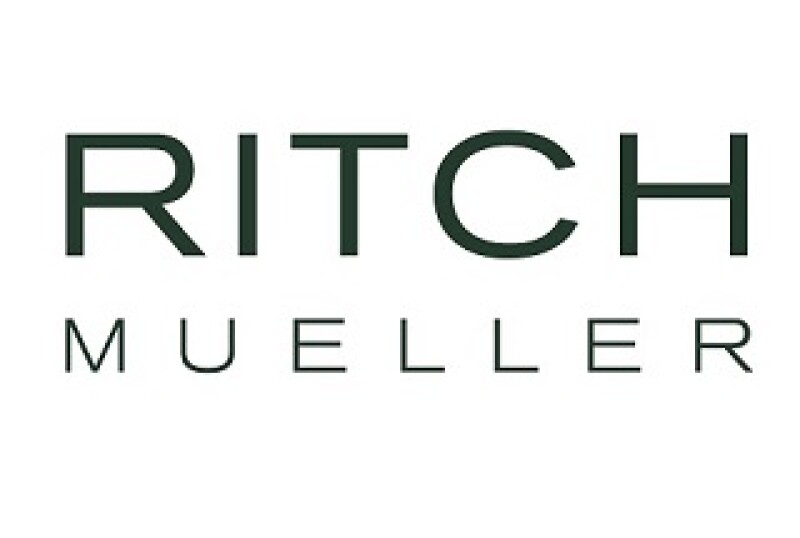
On December 15 2018, the Mexican Secretary of Treasury submitted the 2019 Economic Plan proposal before the House of Representatives. While it is expected to be enacted with no relevant amendments, it has yet to be discussed.
The 2019 Economic Plan includes the following documents:
2019 Federal Revenue Act project (“Revenue Act”);
2019 Federal Budget project;
General Economic Policy Guidelines for the proposed Federal Budget and Federal Revenue Act (“Economic Policy Guidelines”); and
Report on the modification of import/export tariffs.
In line with Lopez Obrador’s campaign commitments, the 2019 Economic Plan did not introduce any new taxes or increase any current tax rates in order to provide investors with legal certainty and tax stability – as stated in the Economic Policy Guidelines – during the first 3 years of his office.
The 2019 Economic Plan also eased rumors of a possible repatriation tax amnesty or creation of a new inheritance tax, at least momentarily.
While the 2019 Economic Plan does not create or increase taxes, it does include certain measures that are meant to provide the tax authorities with additional cash flow, in detriment to taxpayers.
The points below summarize the main tax changes included in the 2019 Economic Plan.
Possibility to offset federal taxes
Under current legislation, taxpayers are able to offset favorable tax balances or credits to cover liabilities or withholdings of other federal taxes, which is commonly known as “universal offsetting”.
The Revenue Act proposal limits the possibility to offset such favorable tax balances or credits against other liabilities or withholdings of other federal taxes (e.g. income tax credits may now only be offset vs income tax liabilities).The proposal also clarifies that VAT credits are no longer subject to “universal offsetting”, and therefore, may only be credited against VAT liabilities or requested in a refund.
This measure is expected to increase the tax authorities’ cash flow, in detriment to taxpayers, as these will now have to cover the taxes or withholdings of other federal taxes that would have otherwise been covered with the use of favorable tax balances or credits.
Financial system
Financial entities that make interest payments to Mexican entities and individuals are required to withhold –as an advanced tax payment– a percentage on the capital that gives rise to the payment of interest. Taxpayers are then able to credit such withholding in their annual income tax return.
With an expectation of lower inflation and higher interest rates, the withholding rate is proposed to be increased from 0.46% to 1.04% – that represents a staggering increase of 126%.
Border zone incentives
The Economic Policy Guidelines make reference to a northern border zone incentives package. By means of a Presidential decree, specific rules clarifying the entitlement requirements to such benefit claims are expected to be issued at some point in 2019. Only specific taxpayers will be eligible to claim the benefits under such incentive.
A one-third reduction in the current income tax rate is proposed for legal entities (from 30% to 20%) and for individuals that carry out entrepreneurial activities in the northern border zone.
For VAT purposes, the incentive is expected to reduce the tax rate in the border zone from 16% to 8%.
Oil and gas industry
The definition of automotive fuels, gasoline, diesel, non-fossil fuels and automotive ethanol for excise tax purposes are proposed to be maintained, which still represents some grey areas for taxpayers.
The Revenue Act proposes to maintain clarification – for excise tax purposes – that when automotive fuels are blended, the tax shall be determined according to the amounts that the blend contains of each different fuel.
However, the proposed Revenue Act does not resolve many of the practical issues of the current excise tax regime (e.g. weekly changes in rates, ambiguous definitions, etc.).
Also, the Revenue Act proposes to maintain the possibility for contractors and assignors to offset the Hydrocarbons Exploration and Extraction Tax (“Impuesto por la Actividad de Exploración y Extracción de Hidrocarburos”) against balances for the same tax triggered during subsequent years.
Sector-specific tax incentives
In general, the Revenue Act proposes to maintain the sector-specific excise and income tax incentives included in the 2018 Revenue Act.
However, it proposes that tax credits derived from the application of sector-specific tax incentives shall only be applied on the annual income tax for that fiscal year. This restricts the possibility of using such tax credits against withheld income taxes or monthly advanced payments, which is expected to reduce the efficiency of these incentives.
Anti-money laundering compliance
The Revenue Act proposes to grant an amnesty for persons that are not up-to-date with their compliance with anti-money laundering requirements.
The specific regulatory framework under which this amnesty program will be enacted will be published within 60-days after the Revenue Act is enacted.
Other relevant matters
The 2018 surcharge rate applicable to assessed tax differences is maintained at 0.98% for 2019.
Similarly, surcharge rates applicable for assessed tax differences in a deferred payment plan are also maintained as follows:
1.26% for 12 month plans;
1.53% for 12-24 month plans; and
1.82% for plans that exceed 24 months.
The 50% discount applicable to fines imposed to taxpayers under audit is also maintained and should be applicable only to the extent that the payment is made prior to the issuance of the final determination or observations letter. A 40% discount applies in case the payment is made thereafter.
The Revenue Act also proposes to maintain the specific requirements for filing the return for relevant transactions (i.e. derivative operations, related party transactions, change of tax residence, corporate reorganizations, etc.). These must be submitted within 60 days following the end of each quarter.
Finally, the Revenue Act proposes to maintain the customs processing fee (“Derecho de tramite aduanero”) incentive for natural gas, which is still not extended to gasoline and diesel.
This article was written by Oscar A. López Velarde (olopezvelarde@ritch.com.mx), Santiago Díaz Rivera Bravo (sdiazrivera@ritch.com.mx), and Juan José Paullada Eguirao (jpaullada@ritch.com.mx) of Ritch, Mueller, Heather y Nicolau, S.C.











